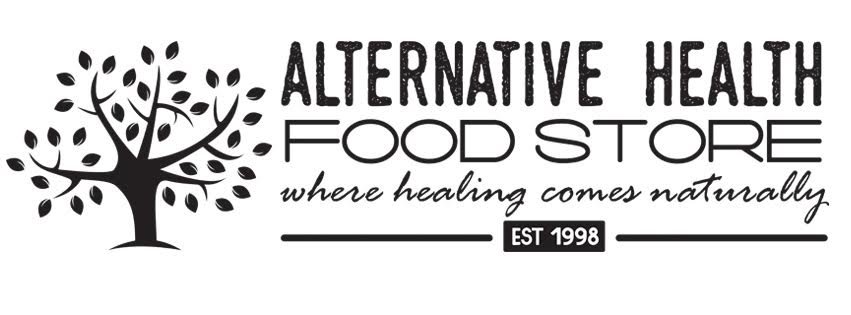Creatine: A Nutrient Needed over a Women’s Lifespan
Creatine is one of the most widely researched physiological and nutritional aspects of metabolism and exercise. Creatine supports cellular energy in working muscles, including the brain and heart, to help meet the body’s energy demands by increasing the rate of ATP synthesis, which fuels the functioning of every cell in the body.
Although creatine is often supplemented by individuals who do high-intensity exercise, there are many studies showing its health benefits, especially for women, beyond the walls of a gym. The evidence shows that creatine can be beneficial in helping women maintain muscle, body composition, mood, energy, and overall health throughout their lifespans.
The brain holds about five percent of the body’s creatine stores, while muscles hold the other 95 percent. However, females only store 70-80 percent of the amount of creatine that males store, and females are known to store less in the brain in the areas that control mood, cognition, memory, and emotion.
Luckily, the deficits can be easily corrected. Creatine supplementation hits the blood in a matter of hours. Because the body uses creatine every day to operate the brain, heart, muscles, and other organs—and the body can only make so much—stores need to be repleted daily.
Female hormones, specifically estrogen and progesterone, are known to alter creatine availability. If women are making less and perhaps not consuming enough (from milk, meat and fish), then creatine supplementation can be of particular importance during life stages of hormone changes: childbearing, menopause, and post menopause.
Childbearing Age
Creatine could be helpful during childbearing years, when metabolism is active and protein breakdown is constantly fluctuating, to support optimal energy production and muscle storage.
Research has found greater cognitive improvements with creatine supplementation and reduced mental fatigue, suggesting creatine supplementation throughout the menstrual cycle might help with the undesirable side effects of hormone changes on the brain.
Menopause
Estrogen levels drop when women go through menopause. Creatine supplementation has been shown to support menopausal-related decreases in muscle, bone, and strength by helping to maintain normal inflammatory balance, oxidative stress, muscle integrity, and blood markers that impact bone resorption.
In menopause, many women are focused on maintaining weight as hormones are changing. In a meta-analysis of 19 studies analyzing men and women over age 50, creatine in combination with resistance training resulted in a greater reduction in body fat percentage compared to just exercise.
Post Menopause
In elderly women, the major health concerns are age-related reduced physical activity and a decrease in muscle creatine, muscle mass, bone density and strength. Research shows there is evidence that creatine supplementation can moderate these age-related changes and support activities of daily living, longer. In combination with resistance training, creatine supplementation can help maintain lean body mass, enhance fatigue resistance, and support muscle strength and bone density more than just resistance training alone. In this age group, too, sleep and cognition are impacted , and creatine can support brain health.
Creatine is mainly found in powder supplements making it easy to take.
Source: Thorne
These statements have not been evaluated by the FDA. This is not intended to diagnose, treat, cure, or prevent disease.
